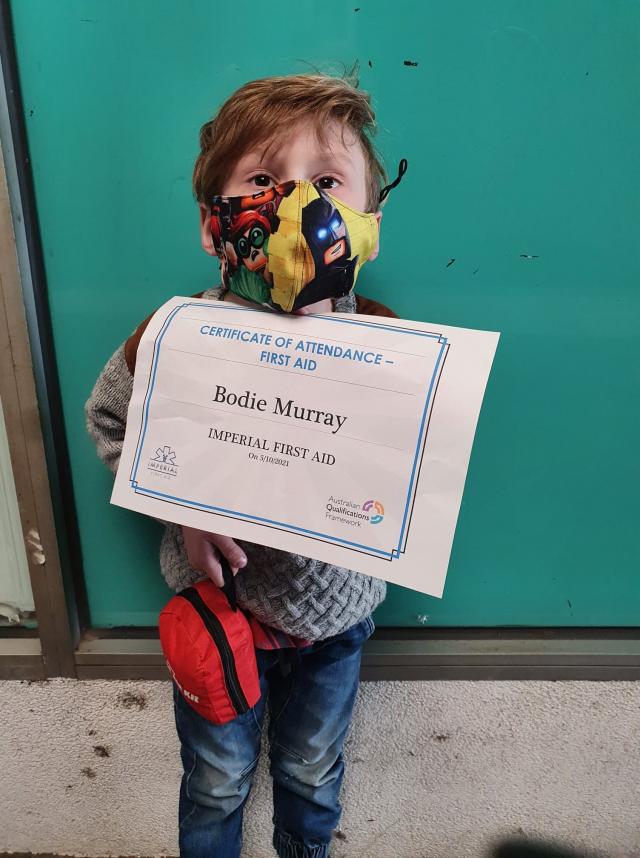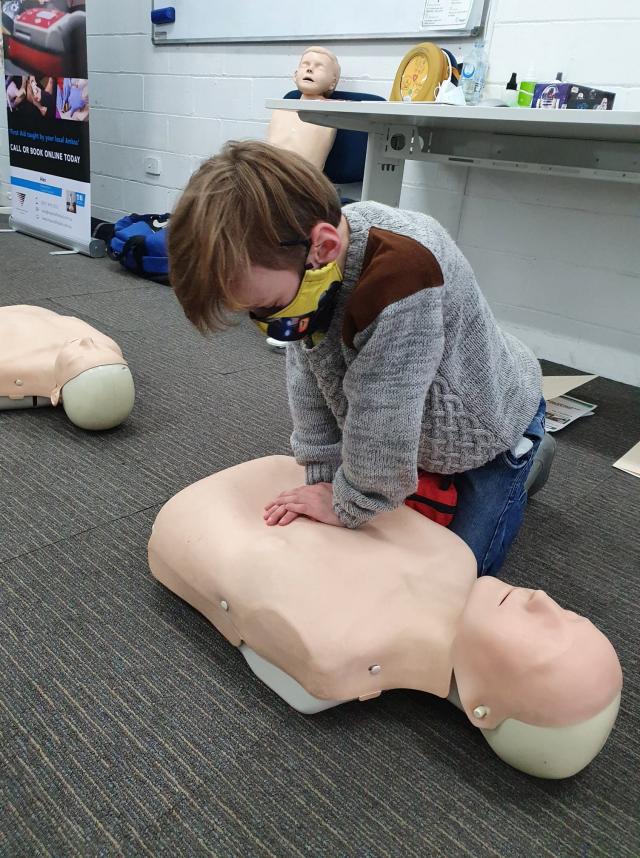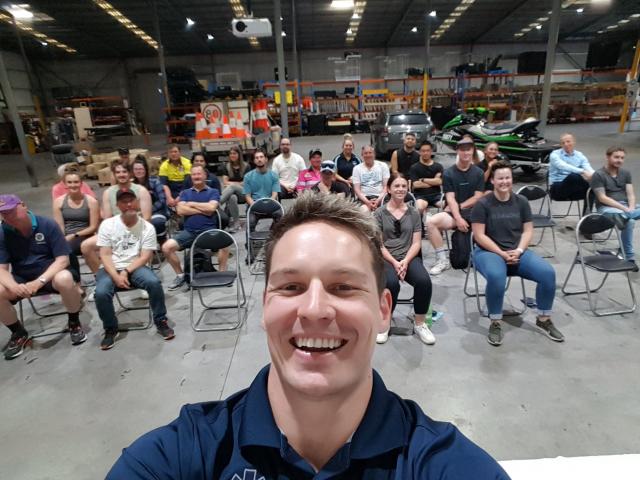A Montrose paramedic has highlighted the need for CPR and first aid training within the community after two high profile deaths sent shockwaves throughout the nation.
With the tragic deaths in recent weeks of cricket legend Shane Warne and former Labor senator Kimberley Kitching, both aged only 52, reminded us all how quickly a heart attack can take a treasured life.
Advanced Life Support Paramedic at Yarra Junction Ambulance Station Alex Lumsden said the application of CPR and/or a defibrillator early is crucial in preventing the loss of life from heart attacks.
“The people that we often get back are the ones that have a really positive and early intervention with CPR and defibs, particularly in regional or rural areas,” he said.
“We never say never, but the statistics definitely lie with those that have early interventions.”
Over 57,000 Australians suffer a heart attack each year, approximately one every 12 minutes, and on average 21 lives are lost each day.
Just last year, Star Mail covered the story of a former Launching Place resident Stephen Piercy, who suffered his second heart attack in May 2020. He noticed the symptoms and notified his wife, who called an ambulance and he recovered well. He urged people to improve their awareness of symptoms and how to help.
As the founder of Imperial Frist Aid, Mr Lumsden and other local ambos offer basic first aid training and programs to the community in all settings.
Mr Lumsden said there are four key first aid procedures everyone should try to learn.
“How to do CPR, how defibrillators work and how to use them, how to prevent choking, and how to administer an EpiPen during anaphylaxis,” he said.
“Just knowing that you have the skills to be able to make a change, to be able to put some life-saving skills in place before an ambulance arrives saves lives and we see it all the time.”
Imperial First Aid offers free first aid seminars and training to local footy clubs, who can book them in for their function nights. They also work extensively with children, focusing on knowing the number to call for an ambulance, as well as what to do when someone’s unresponsive, and safety tips like why it’s important to wear helmets and road-crossing safety.









